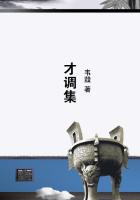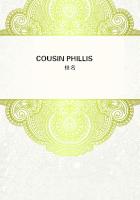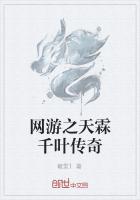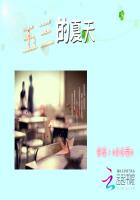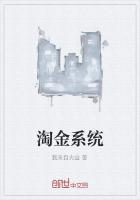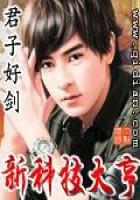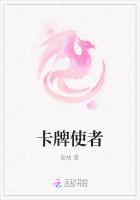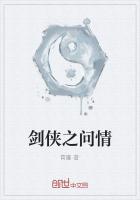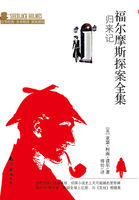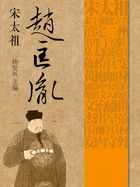Rising from these positions, breathless and unkempt, it struck them for the first time that the electric lights pricked the air very vainly, and instinctively a great many eyes turned to the windows. Yes--there was the dawn. While they had been dancing the night had passed, and it had come. Outside, the mountains showed very pure and remote; the dew was sparkling on the grass, and the sky was flushed with blue, save for the pale yellows and pinks in the East. The dancers came crowding to the windows, pushed them open, and here and there ventured a foot upon the grass.
"How silly the poor old lights look!" said Evelyn M. in a curiously subdued tone of voice. "And ourselves; it isn't becoming."
It was true; the untidy hair, and the green and yellow gems, which had seemed so festive half an hour ago, now looked cheap and slovenly.
The complexions of the elder ladies suffered terribly, and, as if conscious that a cold eye had been turned upon them, they began to say good-night and to make their way up to bed.
Rachel, though robbed of her audience, had gone on playing to herself.
From John Peel she passed to Bach, who was at this time the subject of her intense enthusiasm, and one by one some of the younger dancers came in from the garden and sat upon the deserted gilt chairs round the piano, the room being now so clear that they turned out the lights.
As they sat and listened, their nerves were quieted; the heat and soreness of their lips, the result of incessant talking and laughing, was smoothed away. They sat very still as if they saw a building with spaces and columns succeeding each other rising in the empty space.
Then they began to see themselves and their lives, and the whole of human life advancing very nobly under the direction of the music.
They felt themselves ennobled, and when Rachel stopped playing they desired nothing but sleep.
Susan rose. "I think this has been the happiest night of my life!" she exclaimed. "I do adore music," she said, as she thanked Rachel.
"It just seems to say all the things one can't say oneself."
She gave a nervous little laugh and looked from one to another with great benignity, as though she would like to say something but could not find the words in which to express it. "Every one's been so kind-- so very kind," she said. Then she too went to bed.
The party having ended in the very abrupt way in which parties do end, Helen and Rachel stood by the door with their cloaks on, looking for a carriage.
"I suppose you realise that there are no carriages left?" said St. John, who had been out to look. "You must sleep here."
"Oh, no," said Helen; "we shall walk."
"May we come too?" Hewet asked. "We can't go to bed. Imagine lying among bolsters and looking at one's washstand on a morning like this--
Is that where you live?" They had begun to walk down the avenue, and he turned and pointed at the white and green villa on the hillside, which seemed to have its eyes shut.
"That's not a light burning, is it?" Helen asked anxiously.
"It's the sun," said St. John. The upper windows had each a spot of gold on them.
"I was afraid it was my husband, still reading Greek," she said.
"All this time he's been editing _Pindar_."
They passed through the town and turned up the steep road, which was perfectly clear, though still unbordered by shadows.
Partly because they were tired, and partly because the early light subdued them, they scarcely spoke, but breathed in the delicious fresh air, which seemed to belong to a different state of life from the air at midday. When they came to the high yellow wall, where the lane turned off from the road, Helen was for dismissing the two young men.
"You've come far enough," she said. "Go back to bed."
But they seemed unwilling to move.
"Let's sit down a moment," said Hewet. He spread his coat on the ground. "Let's sit down and consider." They sat down and looked out over the bay; it was very still, the sea was rippling faintly, and lines of green and blue were beginning to stripe it. There were no sailing boats as yet, but a steamer was anchored in the bay, looking very ghostly in the mist; it gave one unearthly cry, and then all was silent.
Rachel occupied herself in collecting one grey stone after another and building them into a little cairn; she did it very quietly and carefully.
"And so you've changed your view of life, Rachel?" said Helen.
Rachel added another stone and yawned. "I don't remember," she said, "I feel like a fish at the bottom of the sea." She yawned again.
None of these people possessed any power to frighten her out here in the dawn, and she felt perfectly familiar even with Mr. Hirst.
"My brain, on the contrary," said Hirst, "is in a condition of abnormal activity." He sat in his favourite position with his arms binding his legs together and his chin resting on the top of his knees. "I see through everything--absolutely everything.
Life has no more mysteries for me." He spoke with conviction, but did not appear to wish for an answer. Near though they sat, and familiar though they felt, they seemed mere shadows to each other.
"And all those people down there going to sleep," Hewet began dreamily, "thinking such different things,--Miss Warrington, I suppose, is now on her knees; the Elliots are a little startled, it's not often _they_ get out of breath, and they want to get to sleep as quickly as possible; then there's the poor lean young man who danced all night with Evelyn; he's putting his flower in water and asking himself, 'Is this love?'--and poor old Perrott, I daresay, can't get to sleep at all, and is reading his favourite Greek book to console himself-- and the others--no, Hirst," he wound up, "I don't find it simple at all."
"I have a key," said Hirst cryptically. His chin was still upon his knees and his eyes fixed in front of him.
A silence followed. Then Helen rose and bade them good-night.
"But," she said, "remember that you've got to come and see us."
They waved good-night and parted, but the two young men did not go back to the hotel; they went for a walk, during which they scarcely spoke, and never mentioned the names of the two women, who were, to a considerable extent, the subject of their thoughts.
They did not wish to share their impressions. They returned to the hotel in time for breakfast.


